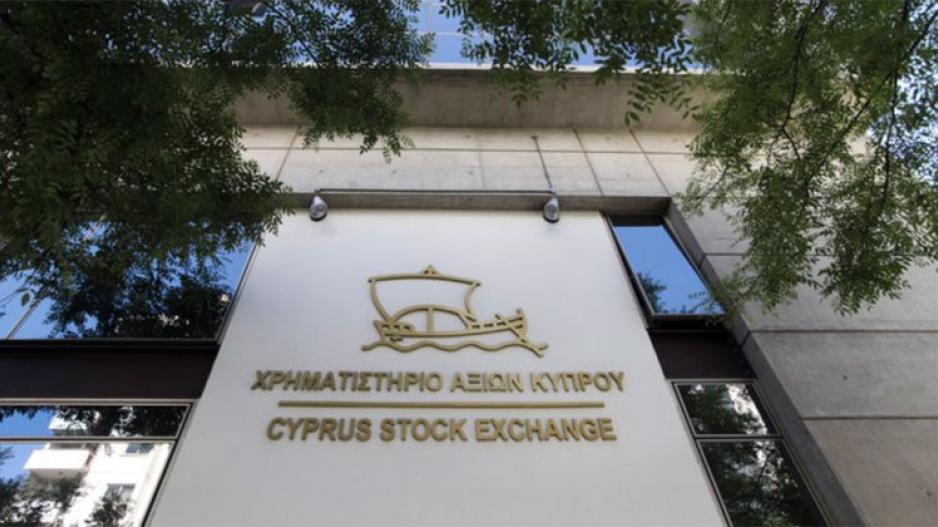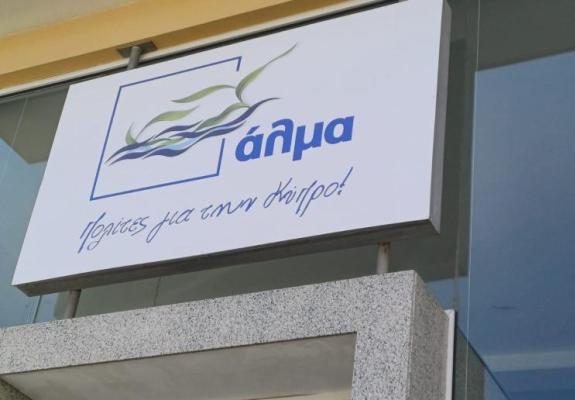Privatization of the Cyprus Stock Exchange Moves Forward
One of the key concerns regarding the privatization has been the fate of the CSE’s 63 employees.
The process of privatizing the Cyprus Stock Exchange (CSE) is moving ahead, with the relevant legislation currently under legal review by the Attorney General’s office. According to the President of the CSE, Marinos Christodoulides, the bill is expected to reach Parliament within the next month, and if approved, the Ministry of Finance will then launch a public tender to attract a private investor.
One of the key concerns regarding the privatization has been the fate of the CSE’s 63 employees. The draft law reportedly provides two main options for the current workforce:
-
Voluntary Exit: Employees can accept a voluntary exit scheme with tax-free compensation.
-
Transfer to the Public Sector: Employees can be absorbed into the public sector, retaining the same employment terms they currently enjoy at the CSE.
Although not explicitly included in the legislation, there is a possibility that the new private owner might opt to retain some of the existing staff under new terms of employment, in accordance with Cypriot labor law.
During a session of the Parliamentary Committee on Finance, Mr. Christodoulides presented the CSE’s budget for 2025, revealing a deficit of approximately €1.88 million. Specifically:
-
Total projected revenue: ~€5 million
-
Total projected expenses: ~€6.86 million
Cash reserves by the end of 2025 are estimated at €1.3 million, with an additional €1.5 million in Cypriot government bonds. However, market insiders familiar with the CSE express reservations about its potential appeal to private investors, given the exchange’s relatively low trading volumes and an ongoing budget shortfall. They question whether any investor would be willing to pay millions of euros for a market struggling with limited liquidity and revenue.
Despite the challenges, the CSE leadership remains optimistic. Mr. Christodoulides pointed to the CSE’s investment in the Hellenic Energy Exchange—made in late 2018—which grew from an initial €500,000 to an estimated €3.5 million, also generating total dividends of €215,000 over the past three years. This case, he argued, highlights the potential for the CSE to explore and develop profitable ventures.






